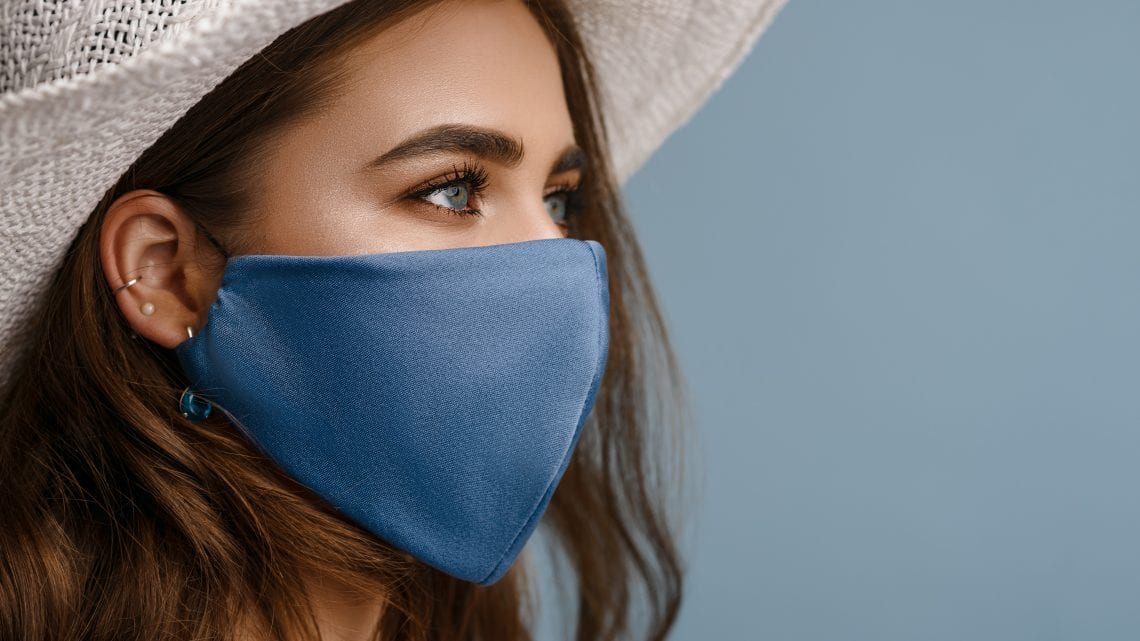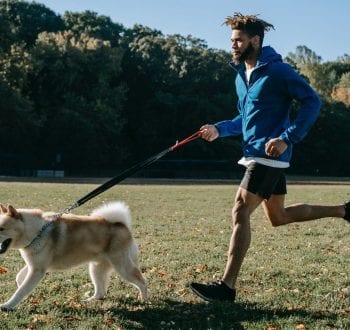
The Solo Guide to Leaving Lockdown (and…Why Everything Feels Strange at the Moment)
We’re gradually leaving lockdown in the UK, and restrictions are easing in other parts of the world as well. I’m looking forward to visiting my favourite coffee shops again, and eating out at a restaurant for the first time in six months. But I’m cautious about my health and that of those in my bubble. I don’t want to move too fast, too soon.
Everyone has a different answer to the question of how to leave lockdown safely. A close friend of mine has a far higher risk tolerance level than I do – he’ll be the first back to restaurants, pubs, the gym etc. He also works in an office which is buzzing with people, whereas I’m just relieved that I’m still allowed to work from home. Neither of us is ‘wrong’ – in that we’re both sticking to the rules. But he tolerates risk at a level that literally makes me feel nauseous with anxiety.
The truth there isn’t a single right way to start leaving lockdown. Ultimately, it has to be about doing what works for us as individuals to feel safe and in control.
Having thought about this A LOT, here are my five top tips:
1. Don’t let other people (or FOMO) influence how you come out of lockdown
It’s a natural instinct to what to know what ‘normal’ looks like. When we were in full lockdown, ‘normal’ was simple – no one could go anywhere or do anything – and everyone was in exactly the same position. Now that lockdown restrictions are easing, it feels unsettling. Everyone’s moving at a different pace and we don’t know what normal looks like any more. We’ve also become far more individually responsible for what we do, where we go, and how we keep ourselves and others safe. That carries a lot of responsibility with it.
The first point is not to let anyone else push you into leaving lockdown sooner than you feel comfortable. It’s fine for a friend or family member to suggest meeting up. But it’s not okay for anyone to shame you or to make you feel bad for not doing what they want you to do. Especially when it’s your health at stake.
This might be difficult if you’re talking to someone close to you, especilaly when you trust their opinion. But it’s no-one’s decision but yours. Try putting boundaries around the activity in question, e.g.: ‘I’d like to go for a walk, and it would help me feel safer if we could both wear masks.’ You can also try offering an alternative (‘I don’t feel comfortable going to a restaurant with you, but I’d love to grab a coffee and go for a walk’).
If you continue to feel uncomfortable, it’s okay to say no and to suggest trying again another time. E.g.: ‘I’d love to see you, but it doesn’t seem as though we can find a way to meet up that leaves us both feeling safe / comfortable. Why don’t we come back to it in a couple of weeks, and try again then?’
You might also need to recognise your own ‘fear of missing out!’ Take care that it doesn’t tip you over into taking decisions about what to do / where to go that you later realise weren’t right for you.
2. Do go at your own pace, and stay aware of how you’re feeling
The key to leaving lockdown is to go completely at your pace. Start small. One outing at a time, perhaps with quieter and/or more local environments that feel familiar and involve less travel. When we left the last lockdown in England, I started with a wander down my local high street (face mask on the whole time). I found it really reassuring to see people keeping their distance, and I enjoyed the normality of seeing people out and about.
As you go, be mindful. How did you feel before your outing? How do you feel now? What did you enjoy / not enjoy? What made you feel more or less comfortable? Which actions did you / others take which made you feel more / less safe? Now that you know these things, you’ll know what you need to feel comfortable going out. You can use this knowledge to negotiate your boundaries with others. And to decide whether you want to scale back your outings, do similar types of outing, or push yourself to do a little bit more next time.
3. Be practical, be cautious and follow the rules
For all that leaving lockdown means more opportunities to leave the house, that doesn’t mean being blasé. Anyone who lives alone knows that the thought of getting sick alone is a scary one. The rules exist for a reason – if you’re going out, follow them. Face masks are a must – as are hand sanitiser, keeping your distance, and removing outer layers of clothing promptly when you get home. You might want to go further than this – showering, washing clothes, or putting anything you’ve bought (or bags you’ve used) to one side for 72 hours. It’s really about doing what you need to, in order to feel safe – whatever you routine, it’s absolutely fine. Let no-one tell you otherwise!
4. Remember what you learnt during lockdown, and hold on to this
None of us were expecting more than a year of lockdowns, and at times it’s been deeply uncomfortable. But it’s also been an opportunity to see how each of us copes under a new set of circumstances. Since the first lockdown, I’ve realised how much I love being outside – and I haven’t stopped noticing the birdsong since. I’ve spent more time at home without feeling guilty about missing meet ups with my friends, and I’ve discovered a new found love of gardening (who knew!) I’ve also realised that I have friendships which can weather the twists and turns of a pandemic, where others evaporated as soon as things got tough for each of us.
What experiences have you enjoyed most? Or enjoyed least? What are the things that have most rewarded you – emotionally, financially, spiritually? Who are the people you’ve most missed – and who have been the ones to stay in touch? Listen to your reactions – they’ll tell you all you need to know about the people and experiences you need to hold on to, and the ones you should let go as you move through to the next part of your life.
5. Try to think about building towards a new life, rather than craving your old one.
Some things will go back to how they were before the pandemic. But others won’t – and there’s something powerful in accepting that. It could be that a favourite local hotspot has closed down, or that your employer is making permanent changes to the way you’re expected to work. You may have to adjust your usual routines or switch to different activities to feel safe. More starkly, you might have been left with health problems relating to Covid-19. You might have lost loved ones during this period.
None of this is easy. It’s okay to grieve for the parts of your life that have irreversibly changed. Alongside this, it’s worth trying to cultivate a sense of gratitude for what you’ve learnt, and what you still have. Look to the future, and to the kind of life you want to build for yourself on the other side of Covid-19, and take the lessons you’ve learnt from this period with you.
We send out a fortnightly newsletter every Friday. Leave your email address with us for the latest news, exclusive updates and offers from the Living Well Alone Project.





